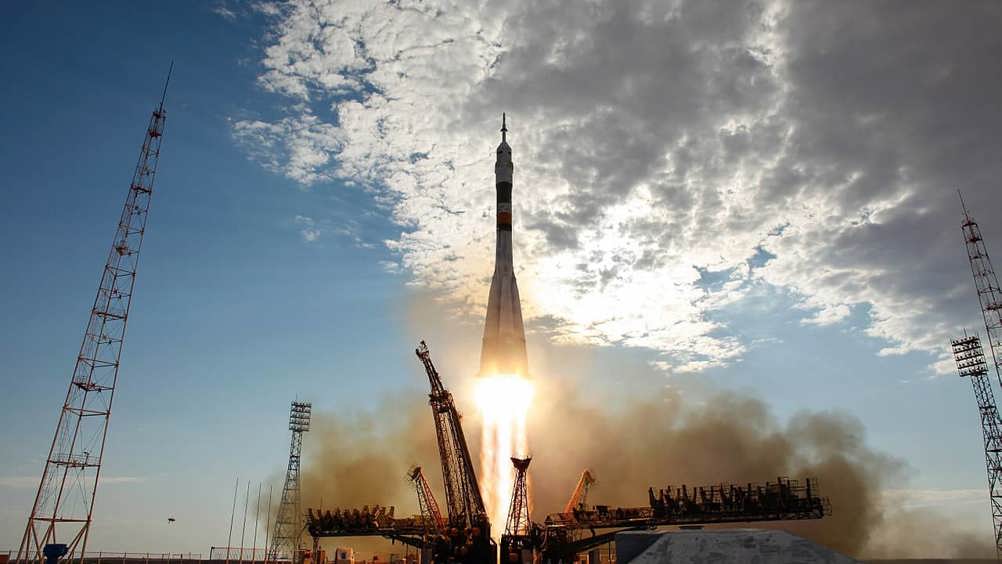Soyuz makes emergency landing following booster failure
A Russian Soyuz spacecraft has landed safely in Kazakhstan following a mid-air failure of its booster rockets while heading for the International Space Station.

NASA astronaut Nick Hague and Aleksey Ovchinin of Russian space agency Roscosmos have survived the emergency landing according to Russian media reports. The Soyuz MS-10 took off from the Baikonur Cosmodrome in Kazakhstan at 9.40am UK time.
According to NASA, the vehicle returned to Earth via a 'ballistic descent', which involves a sharper angle of landing than usual. Reports from Sputniknews claim that four Mi-8 helicopters were dispatched from Kazakh airports as part of a search & rescue operation. Contact with the crew members is said to have been established, with both Hague and Ovchinin believed to be in good condition. The mission was due to be Hague's first trip to space, while Ovchinin made one previous spaceflight in 2016, serving on board the ISS alongside Tim Peake.
According to the European Space Agency (ESA), Roscosmos is forming a State Commission to investigate the launch failure. Sources have also claimed that all manned Russian launches have been suspended pending that investigation, which could have implications for future ISS missions and the current crew on board.
Register now to continue reading
Thanks for visiting The Engineer. You’ve now reached your monthly limit of news stories. Register for free to unlock unlimited access to all of our news coverage, as well as premium content including opinion, in-depth features and special reports.
Benefits of registering
-
In-depth insights and coverage of key emerging trends
-
Unrestricted access to special reports throughout the year
-
Daily technology news delivered straight to your inbox










Water Sector Talent Exodus Could Cripple The Sector
Maybe if things are essential for the running of a country and we want to pay a fair price we should be running these utilities on a not for profit...